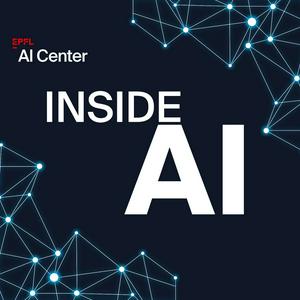In this episode, Marcel talks with Antoine Bosselut, Martin Jaggi and Imanol Schlag, the lead researchers behind Apertus, the newly released large language model. They discuss what it means to be truly open and compliant, and why Apertus is designed as much as a recipe for building transparent models as it is a model itself. The conversation explores the trade-offs between compliance and performance, the pioneering use of the Goldfish loss to curb memorization, and the importance of supporting low-resource languages like Romansh and Swiss German. They also talk about the Swiss AI Charter as a framework for aligning models with shared values, the role of students and researchers in building at scale, and how access to the Alps supercomputer made this possible.
From the messy reality of benchmarks to the opportunities for education, from the geopolitical stakes of sovereign AI to the future of multimodality and reasoning, this episode offers a behind-the-scenes look at what it takes to build an open, trustworthy foundation model at scale.


